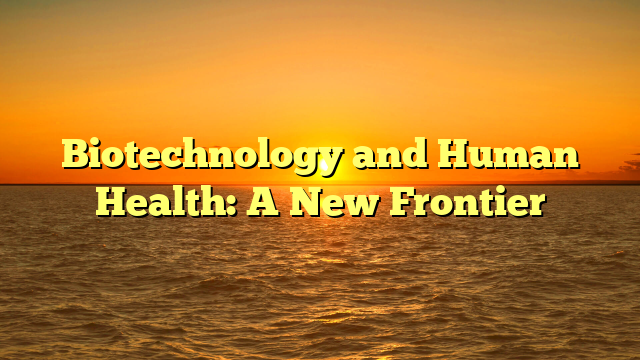Biotechnology is reshaping healthcare by offering groundbreaking treatments, diagnostics, and preventive measures. By merging biology with technology, it opens possibilities otpklik daftar that once seemed like science fiction.
One of the most impactful applications is in personalized medicine. Genetic testing allows doctors to understand an individual’s DNA and tailor treatments accordingly. For example, cancer therapies can now target specific genetic mutations, improving effectiveness and reducing side effects.
Biotechnology has also transformed vaccine development. The rapid creation of mRNA vaccines for COVID-19 demonstrated how biotech can respond quickly to global health crises. This platform can be adapted for future outbreaks, potentially saving millions of lives.
In diagnostics, biotechnology enables earlier and more accurate detection of diseases. Liquid biopsies, for instance, can identify cancer markers in blood samples without invasive procedures.
Regenerative medicine is another exciting area. Stem cell therapies and tissue engineering hold promise for repairing damaged organs and even growing new ones for transplantation.
Despite its promise, biotech raises ethical and social concerns. Questions about genetic editing, especially with technologies like CRISPR, spark debates over human enhancement and unintended consequences. Ensuring accessibility is also crucial so that breakthroughs do not widen healthcare inequalities.
In conclusion, biotechnology is revolutionizing human health by enabling more precise, faster, and effective medical solutions. Its continued development offers hope for a healthier future, provided it is guided by ethical and inclusive practices.
